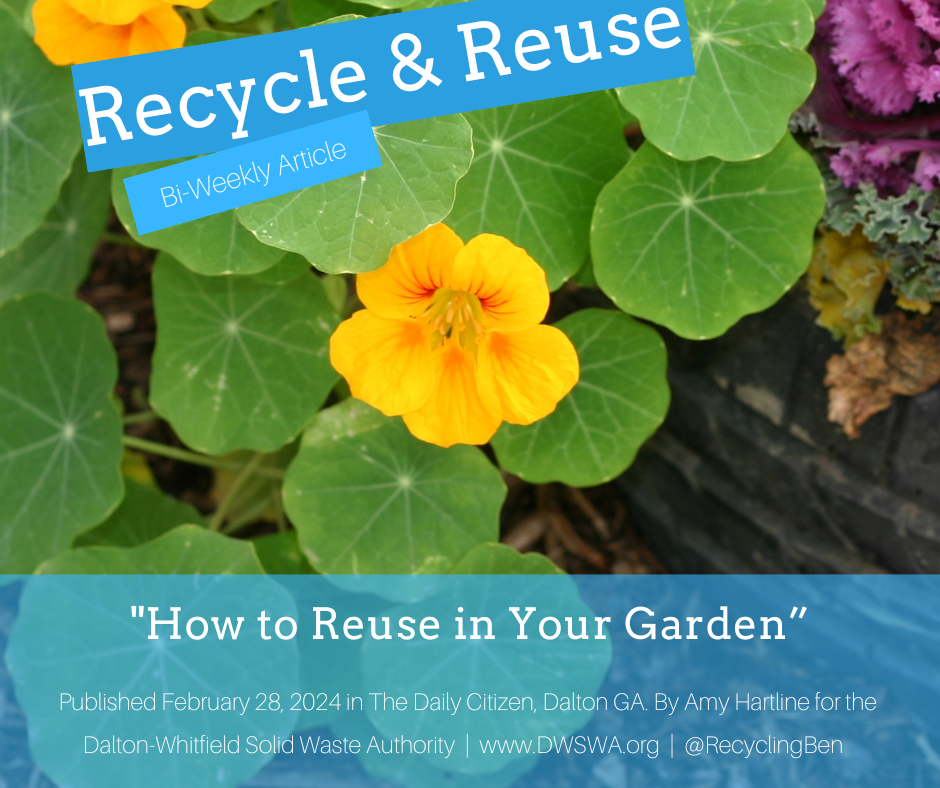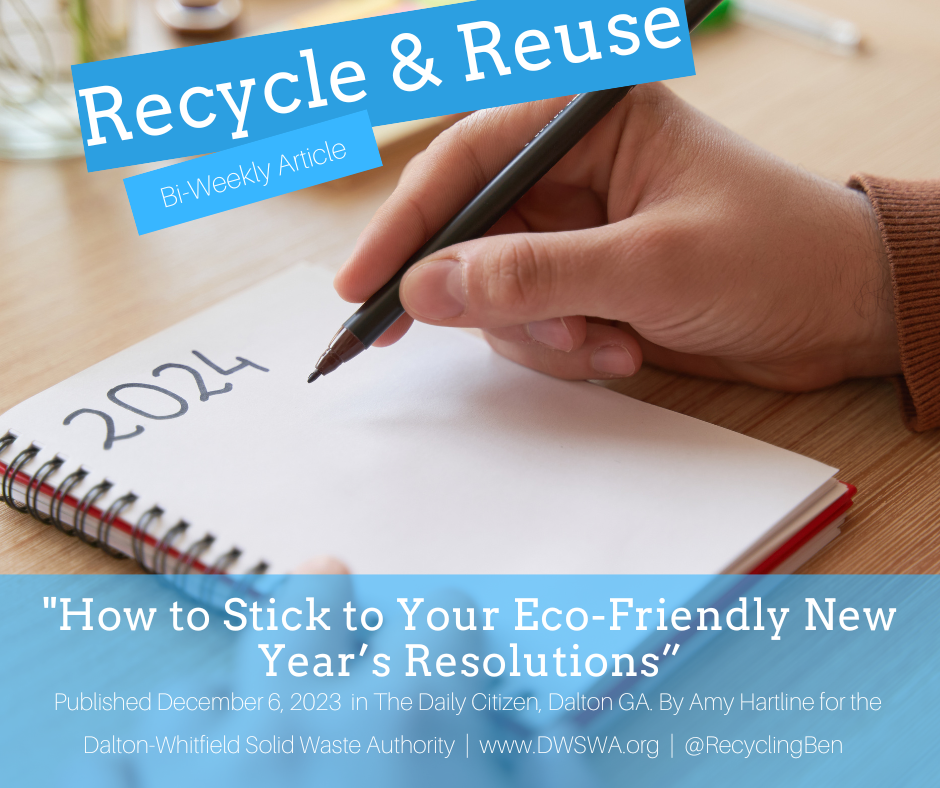Save Energy, Save Money, Save the Planet
/When we discuss how recycling is good for the environment, it’s easy to understand how. It helps keep us from using finite natural resources, decreases deforestation and mining operations, and keeps our waste out of the landfill.
But we also often talk about saving energy when we discuss being eco-friendly. This can seem a little more confusing since we can’t actively see our energy production, but saving energy helps save finite fossil fuels such as trees, coal and natural gas that create the energy, decrease air pollution which is massively decreasing our biodiversity, and keep our water clean from toxic waste produced by coal-fire power plants.
Now, I am not going to be giving up watching Netflix on my television or read only by candlelight, and I’m not going to ask you to do that either. Instead, let’s focus on ways we can reduce our energy usage which in turn will help keep our world beautiful and can help you save money.
Get in the habit of unplugging. Only keep appliances such your dishwasher, stove, dryer or other appliances that are difficult to restart plugged in all the time. Other things like your coffee pot, TV or lamps can be unplugged when not in use. To make this easier, I recommend plugging everything you will turn off into power strips. This way, instead of unplugging them all one by one, you can just turn them off with the press of a button or, if you invest in smart power strips, with the use of your cellphone.
The best way to conserve energy with dishes does actually involve the dishwasher, contrary to the myth that it is best to handwash. The key is to only wash the dishes once you have a full load and to skip the dry cycle. Instead, dry your dishes on a drying rack, mat or towel on the counter.
A large portion of a household’s energy usage comes from heating and cooling. Every month or two months, make sure to replace your air filters. By replacing your filters, your air conditioners or furnaces don’t have to work as hard to flow through them. The air you breathe will be cleaner as a bonus.
Turn off kitchen and bath exhaust fans after 20 minutes from when you cooked or bathed to have them work efficiently and not waste energy when they are through.
Take the time on a windy day to check for air leaks. To do so, hold a lit incense stick next to each of your windows, doors, plumbing fixtures, electrical outlets and other areas you think air may leak from. If the smoke begins traveling horizontally, you have discovered an air leak. Caulk and weather strip these areas to make sure you aren’t spending your money on AC to use on the air in your backyard instead of just in your home.
You don’t have to build an entirely new home to make it more energy-efficient. There are ways to retrofit or remodel your home.
Starting with the outside, choose a pale paint color if you are thinking of changing the color of your home. A pale color will reflect sunlight and keep your home cooler in the summer. The hot Georgia climate, especially during this time of year, dictates that we find ways to stay cool. By having your home reflect sunlight, it will not get as hot and your AC will not have to work as hard, which saves energy.
Replace your bulbs with LED bulbs. They last longer and use fewer watts per hour. For an eco-friendlier version that requires more work, you could use solar-powered lights by setting them outside in the morning and setting them inside and turning them on at night. Those bulbs cost about as much as a typical bulb, but will use no electricity and will save you the most amount of money.
Saving resources and our wildlife is done by energy saving and recycling. And, just like recycling, all it takes to save energy is some extra planning and a change in our habits. As we move into warmer temperatures, consider putting these tips to use in your home.
Amy Hartline is the recycling and education program coordinator for the Dalton-Whitfield Solid Waste Authority. Have a recycling question? Contact her at (706) 278-5001 or at ahartline@dwswa.org.
































